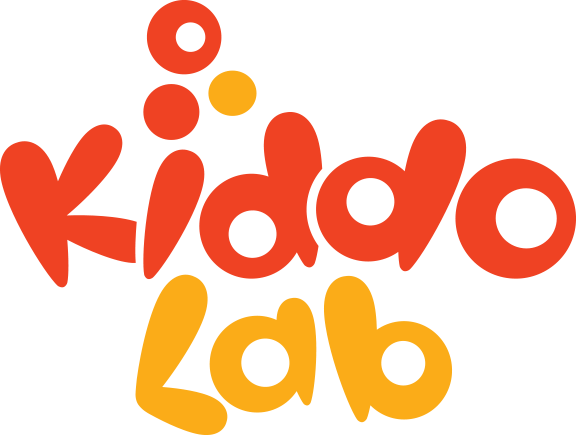
If you are a mother and you have a baby, it is imperative that you understand your baby. But how can you do it if your baby does not speak yet? Communication is very important between you and your baby. Being able to communicate with your baby will see to it that you will be able to give what your baby needs and may want and understand how your baby feels.
Every baby is born to communicate with their mothers. What the mothers must do then is to learn how to understand their baby. This will make life easier for both the baby and the mother.
WHAT DOES YOUR BABY WANT?
Despite the fact that your baby cannot speak yet, he or she is born ready to communicate with you. You will be able to tell what your baby wants based on his or her reactions, expressions, and movements.
If your baby is crying, this may mean several things. Either your baby is not feeling well, uncomfortable, or has wind. So if your baby cries, see if there are indications of the possible causes mentioned and do something about it.
If your baby is tired, and has had enough activities for the day, he may yawn, or show disinterest, or sneeze, or even cry. This means your baby needs to rest or sleep.
When your baby wants to be fed or is hungry, he or she might make sounds and may suck on his fingers or fists. Your baby cries when hungry, too. This means you need to feed your baby.
HOW BABIES COMMUNICATE
Babies communicate through actions, reactions, and moods. As a mother, you need to be keen and observe how your baby reacts to certain things and situations. Your baby’s actions and movements may be random, but every movement your baby makes mean something. Your baby’s behavior can tell you what he likes and dislikes. It also tells you what he needs and may want.
Just thinking about this may overwhelm you. But as days go by, learn to observe your baby. Watch your baby’s reaction when you feed him or her, when you bathe your baby, or when you just hold your baby in your arms.
How does your baby react when you talk to him or her? Does your baby smile when you hold him or her? Watch your baby’s facial expressions and reactions when you do things to him or her. This way, you will know your baby’s likes and dislikes.
Your baby will giggle and laugh when he or she is excited and happy. Your baby may squirm, make a fuss, squeal, wail, and pout when you do something he dislikes. If your baby is interested in something or finds something appealing, he or she keeps still and quiet and just observes intensely.
By watching and observing your baby you will be able to understand him or her and communicate with your baby properly.
ADVANTAGES OF UNDERSTANDING YOUR BABY
Being able to understand your baby properly may be advantageous. It has its benefits. Among them are:
- It makes you feel fulfilled and confident as a parent.
- It will make you learn and understand how your baby responds to your voice, the things you do to him or her, and other things related to caring for your baby.
- It relaxes your baby. If you know how to respond and deal with your baby’s reactions and responses, you will be able to give him or her what he wants right away. This not only relieve your from stress, but your baby as well.
- It builds trust. Being able to react and respond to your baby makes him or her trust you more.
- Understanding your baby teaches him or her about emotions. Observing your baby’s expressions and reactions can help you understand your baby more. Remember that your baby is also observing you. Match your expression with your feelings and tone of your voice. This way your baby will come to understand and learn what “happy”, or “sad”, or “angry” is.
DIFFERENT STAGES OF YOUR BABY’S BEHAVIOR
Observing your baby will help you learn the different moods he or she might have. You will know this by the way your babe responds to touch, sounds, and sights. Your baby’s behavior has different stages. His or her behavior may fall under one of these stages at some point and time.
Your baby will be restless and playful if he or she is active and alert. Your baby may give out little cries, or giggles, or little squeals to let you know that he or she is active.
When your baby is in a light sleep, you will observe that he or she is having rapid eve movements. Although your baby’s eyes may be closed, it will open for a few seconds. He might do some movements, cry a little, and may pretend to be sucking.
An indication that your baby is in a deep sleep is his or her regular breathing. His eyes are closed and still, and may make occasional startle.
You baby will cry hard if he or she is in the crying stage. You may find it hard to comfort and soothe your baby in this stage.
If your baby’s attention is focused and still, then this shows that your baby is alert. Your baby’s eyes will be wide open in this stage and you will notice that he is observing everything around him or her with intent.
Your baby may not be fully asleep yet if he or she is in a drowsy stage. But he is almost asleep though. His eyes may open and close every now and then, until it closes altogether, indicating he is now asleep.
Motherhood is a very challenging role. But once you get the hang of it, it can be fulfilling and worth all the sacrifices and difficult times and challenges you have experienced. There are women who are not that keen with motherhood. These are those who hire nannies to look after their babies. Little do they know that they have missed out on the best part of being a woman, this thing called “Motherhood”.


